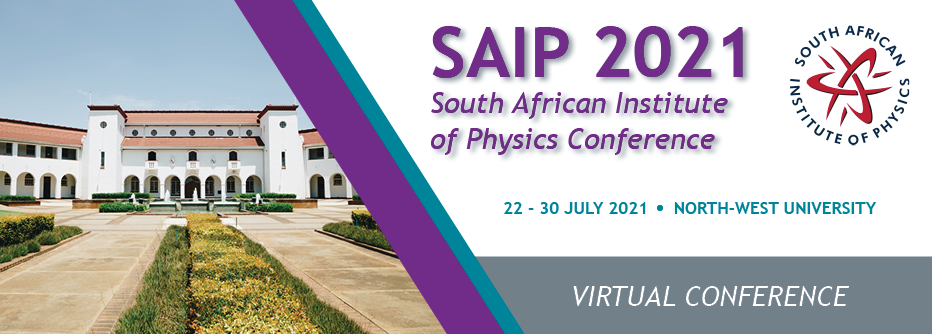Speaker
Description
Traditionally, quantum key distribution (QKD) is used for sharing secret key between two distant authorized participants with unconditional security. Here, we extend the reach of QKD by proposing a reference frame independent quantum key distribution (RFI-QKD) which allows three legitimate parties to share the common secret keys without any alignment of reference frames in their quantum channels. Furthermore, we relax the assumption of perfect state preparation by employing loss tolerant technique proposed by Tamaki et al. [Phys. Rev. A 90, 052314 (2014)] in our security proof, which makes the proposed protocol suitable for practical applications. In addition, we derive bounds of the proposed RFI-QKD protocol by considering finite-size key security analysis against general attacks in the presence of statistical fluctuations. The simulation results show that the performance of RFI-QKD with an imperfect source is comparable to that of RFI-QKD with a perfect source. Also, we investigated the impact of reference frame misalignment on the stability of our protocol for drifting of reference frames by angles 𝛽 = 𝜋/4, 𝜋/6 and 𝛽 = 𝜋/8. Remarkably, our results demonstrate that our proposed protocol is not heavily affected by an increase in misalignment of reference frames as the achievable transmission distances are still comparable to the case where there is no misalignment in reference frames (when 𝛽 = 0). The proposed protocol has immediate application in quantum network scenarios such as web conferences and online courses, where there are more than two users who need to share keys.
Level for award;(Hons, MSc, PhD, N/A)?
PhD
Apply to be considered for a student ; award (Yes / No)?
Yes

